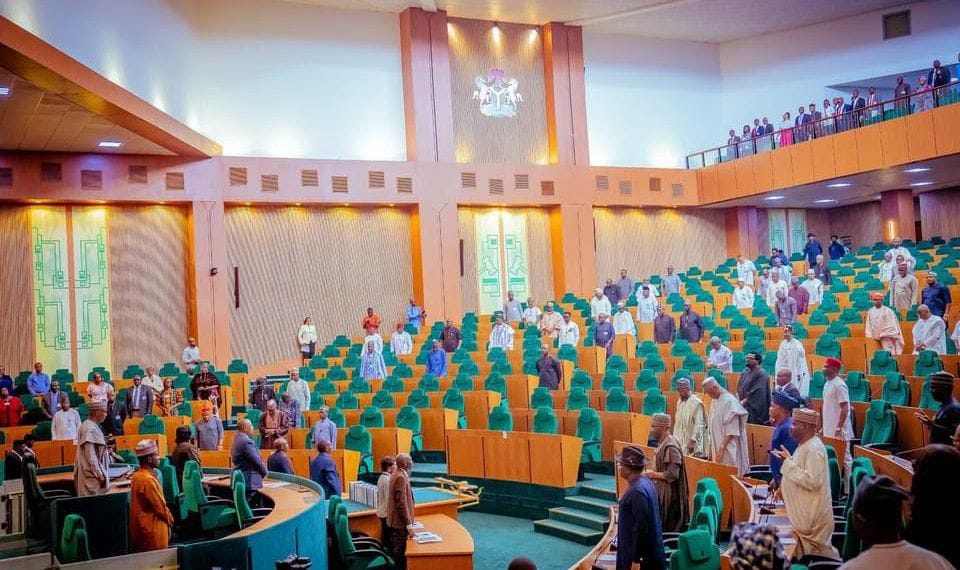“It encourages adultery, prostitution, and unrealistic expectations, leading to risky promiscuous behavior.”
The House of Representatives has called on the Nigerian Communications Commission (NCC) to take decisive action by instructing Internet Service Providers (ISPs) in the country to block access to pornographic websites in Nigeria.
This request followed a motion presented by Rep. Dalhatu Tafoki (APC-Katsina State) during a plenary session on Tuesday in Abuja.

While presenting his motion, Tafoki emphasized that online pornography has grown into a worldwide issue, yet Nigeria has not implemented strict measures to control its spread.
He stressed that Nigeria, as a nation deeply rooted in religion and cultural values, does not tolerate nudity or obscene content.
Furthermore, he pointed out that several countries across Asia, Africa, and the Middle East have already enforced laws prohibiting pornography, urging Nigeria to follow suit.
Why the Ban is Necessary
According to Tafoki, psychologists and sociologists have consistently warned about the negative psychological, mental, and social consequences associated with watching pornography.
He explained that pornography often leads to deceptive expectations in marriages, which can weaken family bonds over time.
Key Concerns:
- Encourages adultery and prostitution, creating unhealthy perceptions of relationships.
- Develops harmful fantasies that could lead to reckless sexual behavior.
- Triggers addiction, pushing individuals to seek stronger content over time.
- Causes desensitization, making individuals lose sensitivity to real human relationships.
- Alters attitudes towards self, family, and society in a negative way.
What the House Wants from the NCC
Following the discussion, lawmakers directed the NCC to enforce the provisions of the Nigerian Communications Act and the National Information Technology Development Act against non-compliant ISPs.
They stressed that the government must take firm action to ensure Nigerian youths and families are protected from harmful online content.
To ensure the motion is effectively implemented, Speaker Tajudeen Abbas assigned the Committees on Communications and Legislative Compliance to oversee the process. They have been given four weeks to report back with progress updates.
The Bigger Picture: Protecting Nigerian Values
With the rapid expansion of the internet and digital access, many young Nigerians are exposed to pornographic websites, often without any restrictions.
Lawmakers argue that allowing such content to thrive could weaken traditional family structures and moral values.
Several countries have already implemented strict regulations to block pornographic websites, setting a precedent for Nigeria to follow.
By calling on the NCC to take immediate action, the House aims to reduce the influence of pornography on Nigerian society, ensuring a safer digital space for all citizens.



